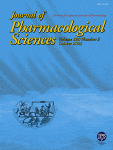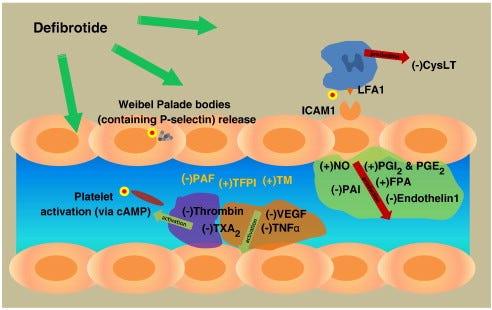lvysaur
Member
- Joined
- Mar 15, 2014
- Messages
- 2,287
I can't find the source, but I read that COVID disrupts endogenous antibiotic mechanisms in the body, causing bacterial overgrowth. So that once the COVID is all gone (within a month or so) the body still has an elevated baseline amount of bacteria, causing chronic illness.
This was the case for me, and my long-COVID cleared up 80% after taking antibiotics.
I also had extreme diarrhea during the acute phase of COVID, and the worst thing that triggered it was meat. Hard to say if this is serotonin/tryptophan related, or just related to bacterial overgrowth putrefying meat in my GI tract (which is very bad hence the body wants to "spit it out" asap)
This was the case for me, and my long-COVID cleared up 80% after taking antibiotics.
I also had extreme diarrhea during the acute phase of COVID, and the worst thing that triggered it was meat. Hard to say if this is serotonin/tryptophan related, or just related to bacterial overgrowth putrefying meat in my GI tract (which is very bad hence the body wants to "spit it out" asap)



